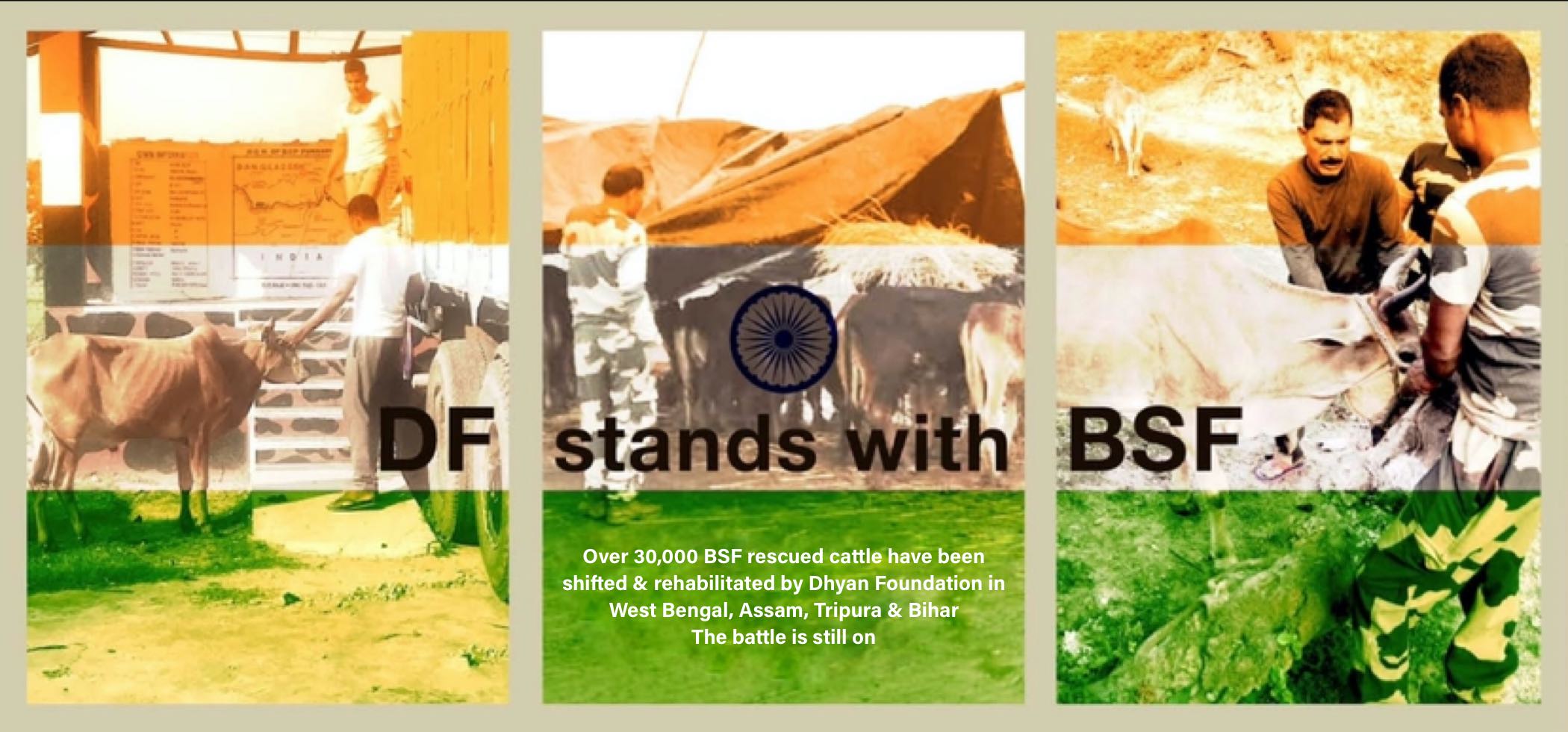Islam is a beautiful religion which talks about equality, about peace and compassion. Most of the Islamic texts are written in Persian, which is an extremely rich language, the ground for some of the finest and deepest prose and poetry, literature which has a profound impact on the being. History boasts of deep thinkers and philosophers like Bukhari, Rudaki, Ferdowsi, al-Ghazhali and others.
The Quran talks about compassion towards all beings. “There is not an animal on the earth, nor a flying creature flying on two wings, but they are people like unto you.” (Quran, 6.38 – sura “Al-An’am,” or “Cattle”) Imam Hazzrat Ali in his book, ‘Nahjul Balaga’ directs Muslims not to make their stomach a graveyard of innocent animals and birds. Ferdowsi in the famous Shah-nameh highlighted the importance of cow in the form of Barmayeh who became the wet nurse of Fereydun, raised him to become a fearsome warrior who later avenged the killing of this magical cow as well as his father, by executing Zahhak and assuming the throne. Ghazali in his Ihya Ulum-id-din observed that, beef creates diseases, milk has got cure, and clarified butter has got medicinal effect. Tabarani, the noted Hadith scholar, resonates this thought in Al Jami. More recently, Maulvi Mohammad Ismail wrote a poem ‘our cow’ which was taught in primary schools till 1960s, and it expressed gratefulness to lord for creating a being as benevolent as the cow.
In present times, unfortunately, such philosophers and thinkers seem to have vanished or at least become a rare breed, particularly in India. While countries like Iran have taken into account the Islamic tenets and put complete ban of slaughter of cows, in our own country the Hadith and Quran are openly flouted. A true Muslim is one who abides by the thought and direction of Quran and Islamic scholars and saints.
According to Fiqh-us-Sunnah, Volume 3, Number 104, Prophet Muhammad was asked by his companions if kindness to animals was rewarded in the life hereafter. He replied: ‘Yes, there is a meritorious reward for kindness to every living creature’. Vedas too echo the same thought. Cow is called ‘Dhenu’ in the Vedas. Atharvaved (11.1.34) states, ‘dhenu sadanam rayeenaam’, that is, Cow is the fountainhead of all bounties. Cow is indeed the source of nourishment of Creation – its milk and its derivatives – ghee, curd, butter etc. form an important dietary component for humans, the dung is a fuel and a natural fertilizer, it also protects against radiation, the urine acts as a natural pesticide and has medicinal uses. It is an intelligent being and the karmic implications of causing hurt to it are severe, likewise the karmic benefits of serving it are also manifold. Various cultures describe the immense benefits of preserving and serving this animal. It is said that if you regularly feed cows and they lick your head then your hidden mental abilities fructify – this was true for the great Saint Kabir, his poetic abilities manifested only once he was licked by a cow on his head.
In our country cow has been revered and protected by Hindus and Muslims alike through history. Sayyiduna Abd Allah ibn Umar narrates that the Messenger of Allah said: “It is necessary upon a Muslim to listen to and obey the ruler, as long as one is not ordered to carry out a sin.” (Sahih al-Bukhari, no. 2796) Babar instructed Humayun not to kill cows. Fatwa-e-humayuni states, ‘Slaughter of cow is not a law in Islam.’ Bahadur Shah Jafar issued a farman against cow slaughter. In our country there existed mutual respect and admiration among both religions which was disrupted by colonial rulers under their policy of divide and rule. There is an urgent need of togetherness among the Hindus and Muslims by removing doubts about religion. Let protection of cow be common denominator as both religions talk about it. Both agree that its milk is nectar and its meat, death, something which is also medically proven now. High amounts of coagulants are found in cow meat that thicken the blood hampering the normal functioning of heart leading to a plethora of cardio-vascular diseases and at times even proving fatal. Dr. Prasan Prabhakar, MD & Proprietor, Laxmi Hospital, Kochi, says, “I have noticed people who eat cow meat have higher incidence of cholesterol and sudden death syndrome where heart stops to function and person dies.”
All faiths emphasize upon the Law of Karma (action and reaction), that is, what you sow so shall you reap. Abdullah Bin Umar narrates that Rasul once prescribed hell to a lady who kept a cat tied and prevented her from filling her stomach (Sahih Al bukhari Muslim, 9:2365) Abu Huraira narrates a Hadith where a person is forgiven of his sins for having quenched the thirst of a panting dog (Bukhari 4:538). One can only imagine what we are calling upon ourselves by abusing the cow that nourishes and nurtures us. The effects on our bodies are immediate, the effects on our lives would take a few years to manifest, the pain that the human civilization is going through today possibly is the effect of this cause.





